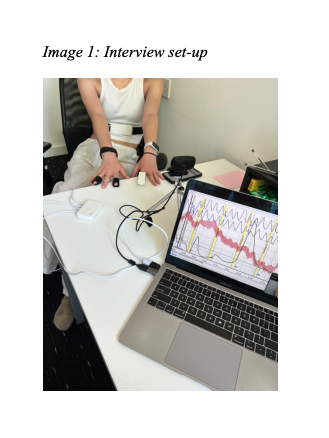Deviously Seeking Duping Delight in the Darkness
Welcome to the LittleMonkeyLab
Overview
. . .
. . .
. . .
BREAK - 10-15 mins
. . .
. . .
. . .
From one Researcher to another… I mean YOU!
A brief introduction
Dr. Gordon Wright
Lecturer in Psychology
Module Coordinator - Y2 Research Methods
g.wright@gold.ac.uk
But who are you?
. . .
What do I need to know?
. . .
Why did you choose to study at Goldsmiths?
. . .
Why Psychology?
Why does that matter this year?
. . .
This module is designed to try to give you a glimpse of real psychological research - and introduce some of the real challenges
. . .
PS51010C - Extended Essay
3000 words MAX
4 x Target Articles (Empirical from the last 3 years)
You choose your own topic!
Make sure to really delve into the Methods employed! Really scrutinise the tasks!
Next year
. . .
PS52007D Research Methods in Psychology (30 credits - 20 weeks)
. . .
Mini-Dissertation - Groups of 3/4 from within your Personal Tutor Group
. . .
A unique 2x2 design each - but a shared design/development/data-collection
An example
More opportunities next year
. . .
Once you’ve started your Research Journey
Summer Bursary Competition - a number of weeks of paid research experience
. . .
Final Year Dissertation
. . .
45 Credit Module - Independent Research Project
. . .
1:1 with a member of staff
. . .
Whatever topic you can agree on (excluding children/clinical/forensic samples)
For the aspiring researcher
. . .
In December of your final year you can apply for a 1+3 funded MSc & PhD position
Research opportunities available all the time. . .
. . .
You are able to ask to join a lab or work with a member of staff at any time
. . .
Some labs have regular meetings and are open to volunteers, some are more informal or even work on a 1:1 basis
. . .
If you like the research somebody is doing, go and knock on their door!
Tips and Tricks
Start poking around in Academic Journals.
My favourite way to do this is the app Browzine
on your computer AND your phone
Get to grips with the Library
Make Google Scholar your own


Strategic Searching & Literature Management
Always keep your eyes open for
Systematic Reviews and Meta-Analyses (Google Advanced Search!)
Let’s get going!
The link to our study for today is available on the VLE. It’s called the ‘Lie of the Land’ study
2.5 Credits available today/this week
The study link
https://goldpsych.eu.qualtrics.com/jfe/form/SV_ebMllxwNTfXHXRX
BREAK
LittleMonkeyLab
| ## Some easy research! |
{=html} <iframe width="1280" height="720" src="https://learningonscreen.ac.uk/ondemand/embed/prog/11ED256E?bcast=127465838" title="Horizon: The Honesty Experiment" frameborder="0" allow="accelerometer; autoplay; clipboard-write; encrypted-media; gyroscope; picture-in-picture" allowfullscreen></iframe> ## BBC Horizon: The Honesty Experiment |
 |
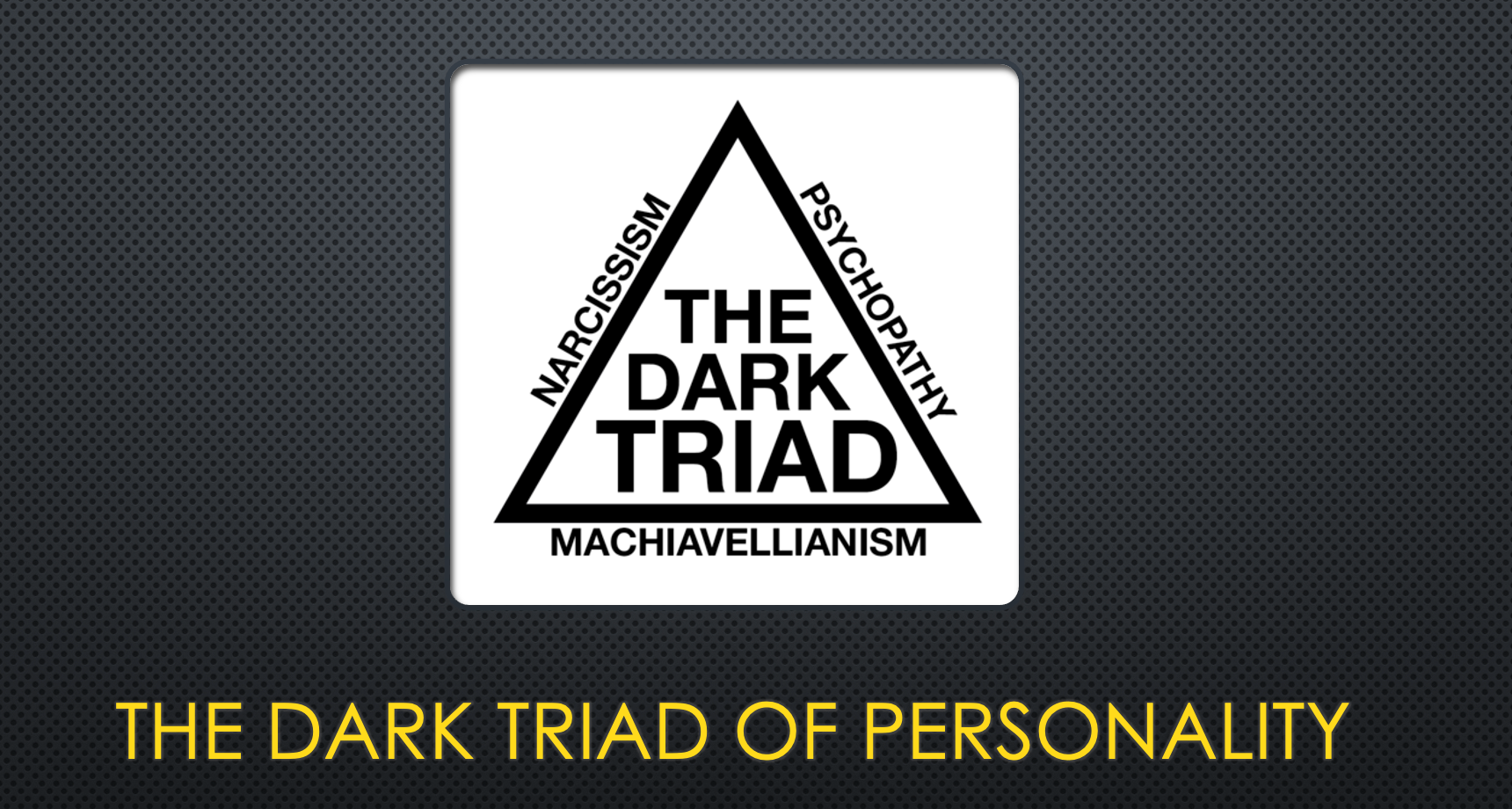
So why do people lie? Levine et al. (2010)
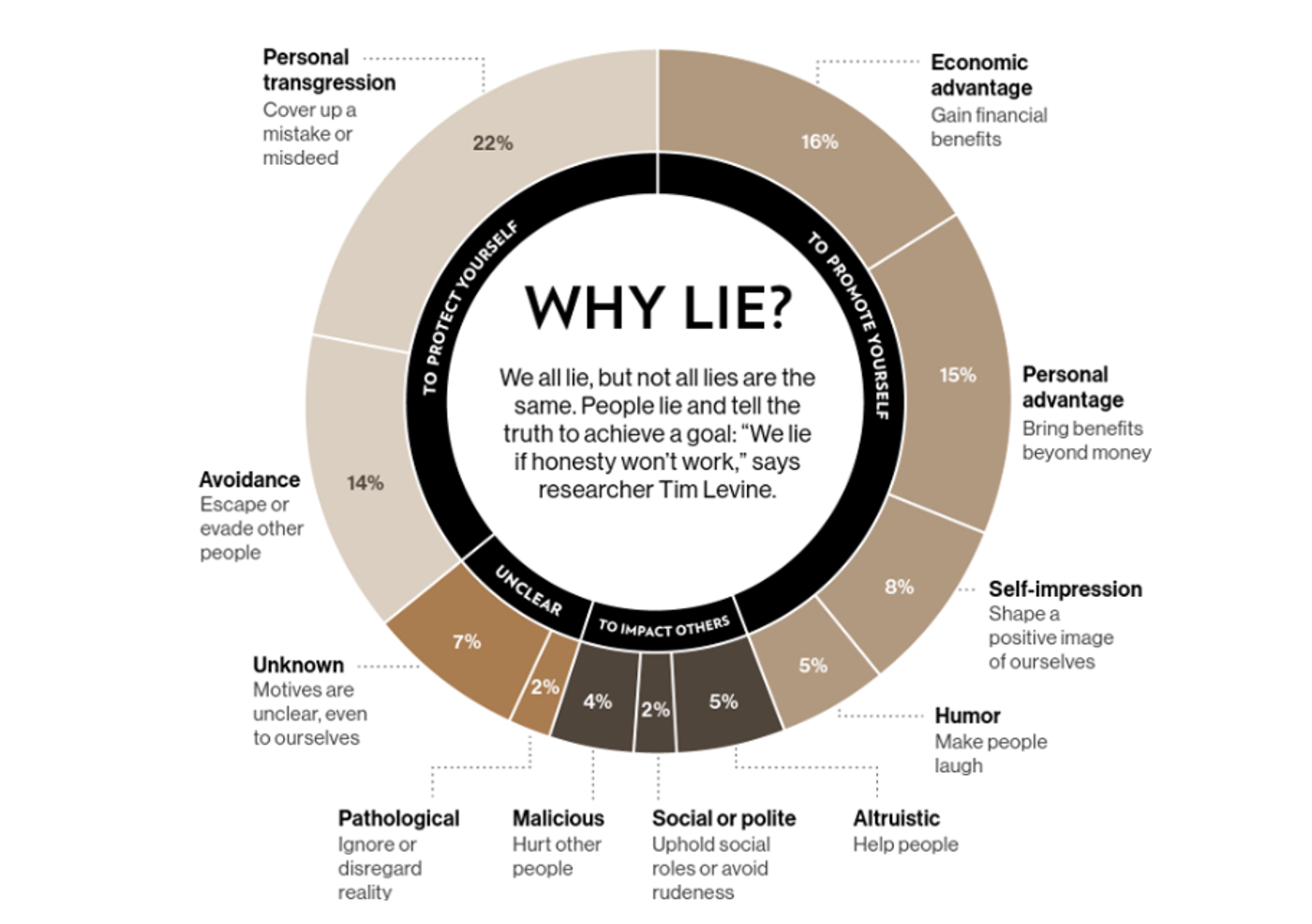
It ain’t that bad really!
Deception frequency is significantly correlated to neocortical volume across species R. W. Byrne & Corp (2004).
. . .
Evolution selects for more and more effective strategies of achieving social success (including deception, manipulation, alliance formation, exploitation of the expertise of others, etc.)
. . .
And for the ability to learn and use such strategies.
. . .
Social success translates into reproductive success!
Monkey Business see Shultz & Dunbar (2022)
. . .
Observations of non-human behaviour of the type led scientists to suggest a positive relationship between brain size and social group size.
. . .
A bigger brain seems to be found in more complex social environments. But bigger brains are costly.
. . .
There has to be a benefit to carrying around this big brain.
The Machiavellian Intelligence Hypothesis (R. Byrne (2018))
The Machiavellian Intelligence Hypothesis posits that social demands have driven the evolution of the cognitive facilities humans employ to navigate their social domain.
‘Machiavellian’ strategies, such as deception, interpersonal manipulation, cooperation, and alliance formation allow individuals to achieve higher social and reproductive success.
. . .
Maybe it would help to be a bit more “Machiavellian”?
But how can we possibly measure ‘Lie Frequency’?
Self- or other-report
Diary study (or similar)
Some kind of app?
Motion capture suits and TV cameras?
Experimental, lab-based research

Machiavellianism
. . .
Sensitive to social context, and will switch quickly between cooperation and competition depending on utility
. . .
Endorse emotional manipulation and use emotional skills to ingratiate
. . .
Comprises a cynical view of human nature and interpersonal manipulation tactics (perception of the world and behaviour)
Narcissism
. . .
Vain, ‘grandiose sense of self’, with high levels of entitlement
. . .
The Narcissist is unique and special
. . .
Narcissists, as a result of being surrounded by ‘mere mortals’ may show reduced empathy for others and disregard their goals or status
. . .
Narcissists maintain their grandiose sense of self by seeking out praise, adoration, adulation and avoiding realistic feedback
Grandiose/Vulnerable distinction is starting to get hold.
Psychopathy
. . .
Manifest disregard for other people - Low empathy, disruptive behaviours verging on bullying or sadism, deception thought to be a central feature.
. . .
Superficial charm and glibness. Erratic lifestyle factors and high impulsivity. Extreme reward appetite and low fear of loss or punishment. Often related to criminal activity.
. . .
Boldness, Meanness, Disinhibition is the 3 Factor structure suggested by the Triarchic Model (Patrick 2010, onwards)
Bonus prize - Sadism
. . .
As part of the Dark Tetrad, sadism is investigated in its subclinical manifestation—everyday sadism.
. . .
When people enjoy watching violent movies or even playing violent games as a social escape to manifest their sadistic traits it is referred to as vicarious sadism.
. . .
There is sometimes an alternative aspect called direct sadism, but it is actually far too rare to be useful in most studies.
. . .
In turn, higher scores in everyday sadism are associated with injuring others verbally, physically, and/or psychologically, inspired by a hedonic value of being cruel.
For a comprehensive overview
Turi et al. (2022)
Bonfá-Araujo et al. (2022)
Levine (2022)
Denault et al. (2022)

The Target Paper Gunderson et al. (2022)
https://hyp.is/L4vR9m9QEe2hne9nNT_AIg/link.springer.com/article/10.1007/s42761-022-00126-5
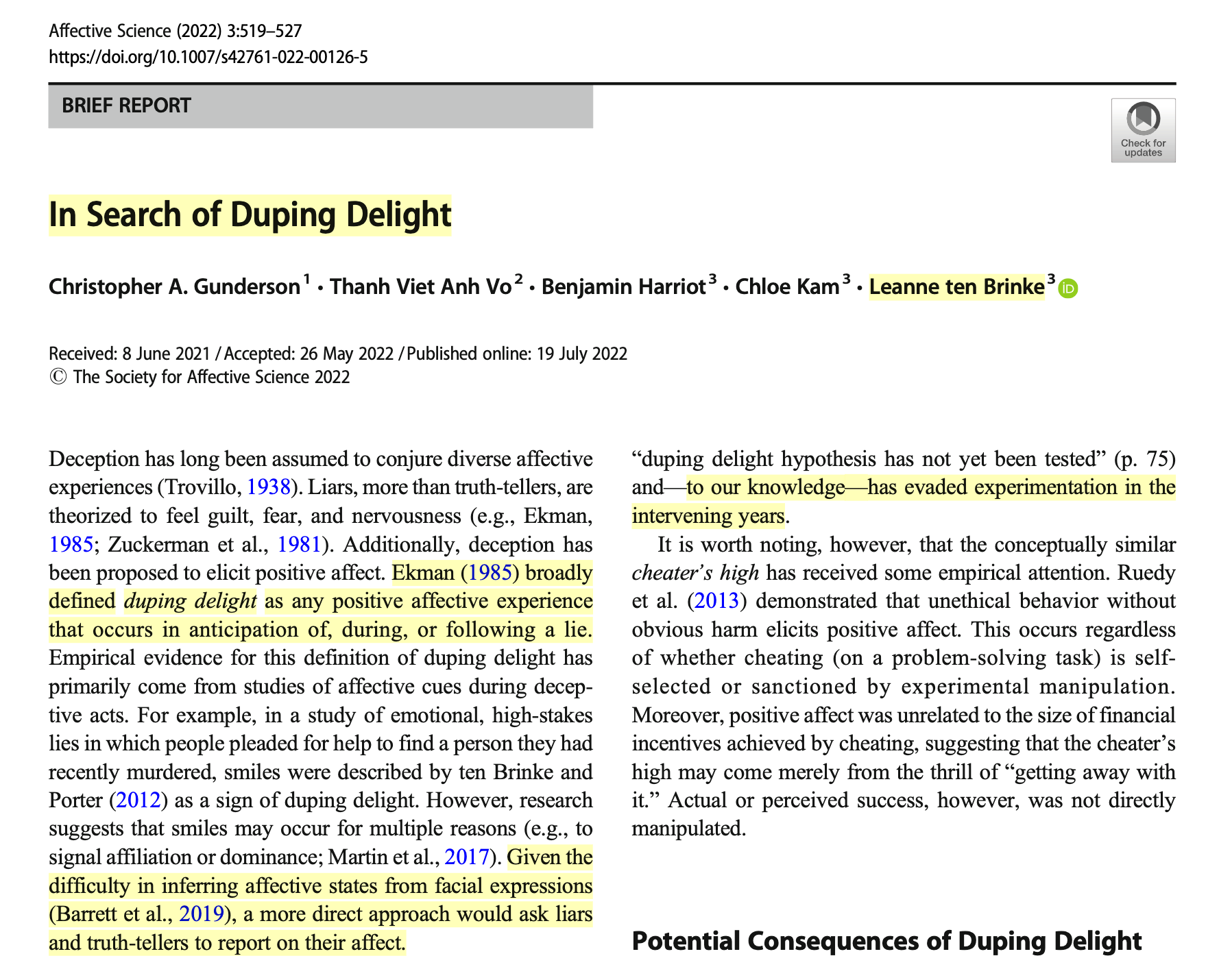
Hypothes.is
hint: Sign up for a Hypothesis account (FREE)
Log in.
Then access the paper here: https://hyp.is/hvUM3m-KEe26bBOBEKqwUQ/link.springer.com/article/10.1007/s42761-022-00126-5
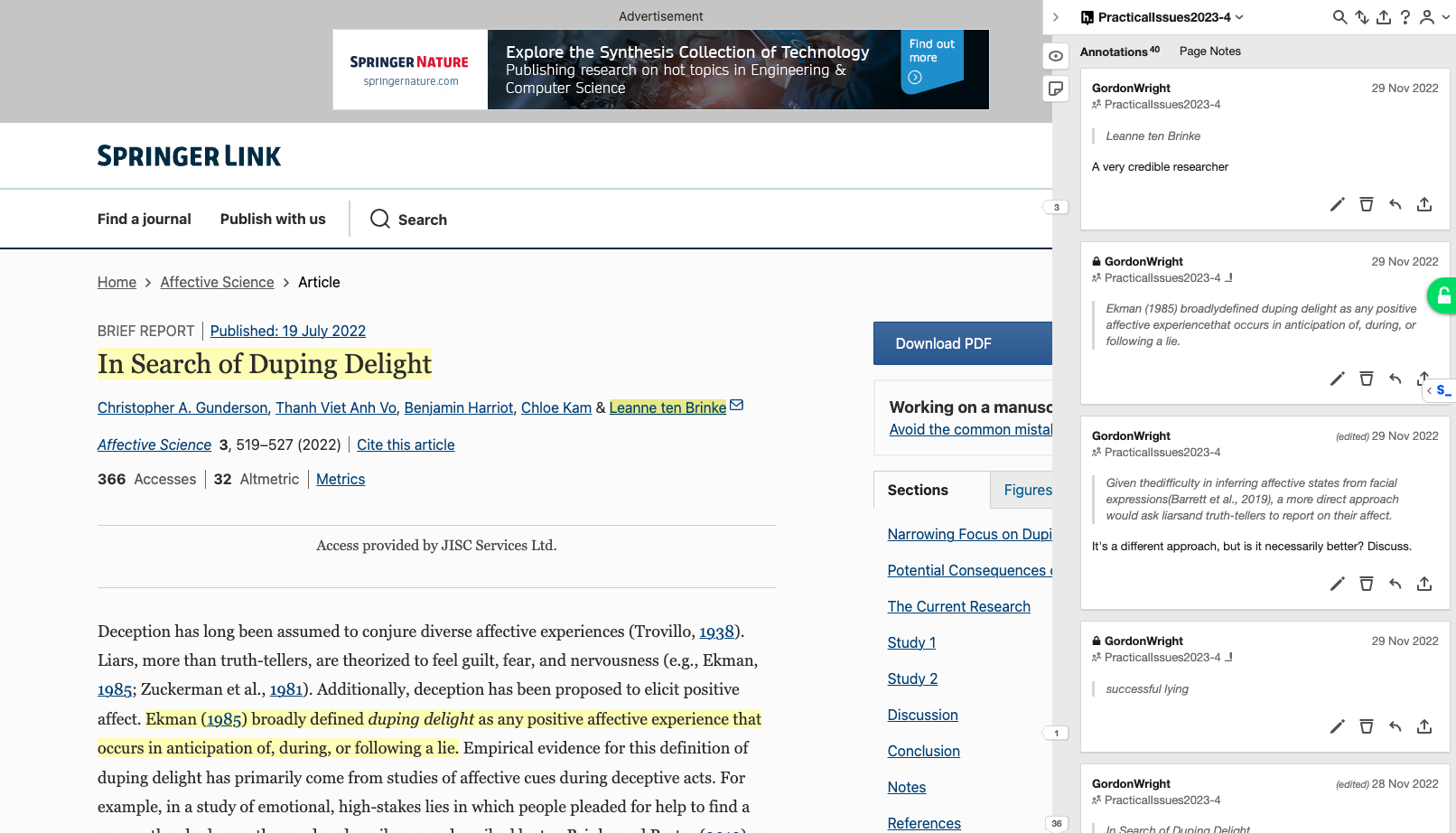
So let’s briefly think about the study
They ‘operationalised’ deception in the following way:
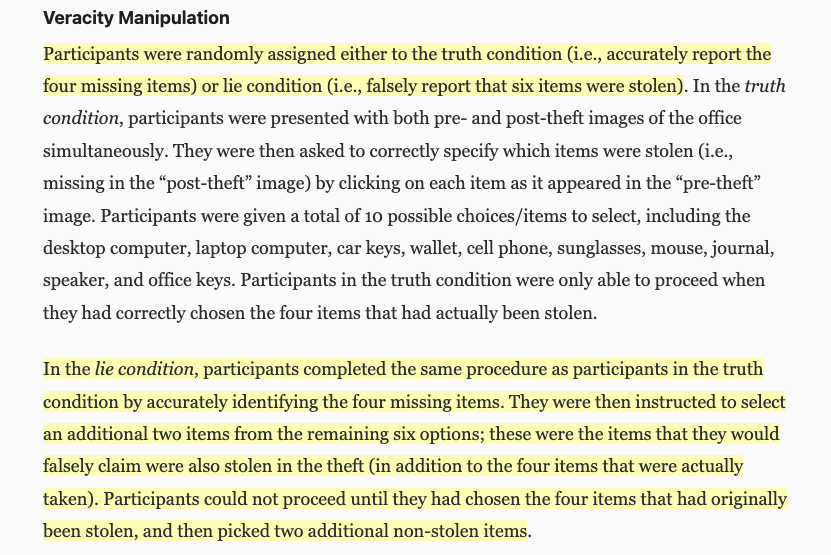
They measured ‘duping delight’…

Does that satisfy you?
Is that a good way to measure an emotional reaction?
